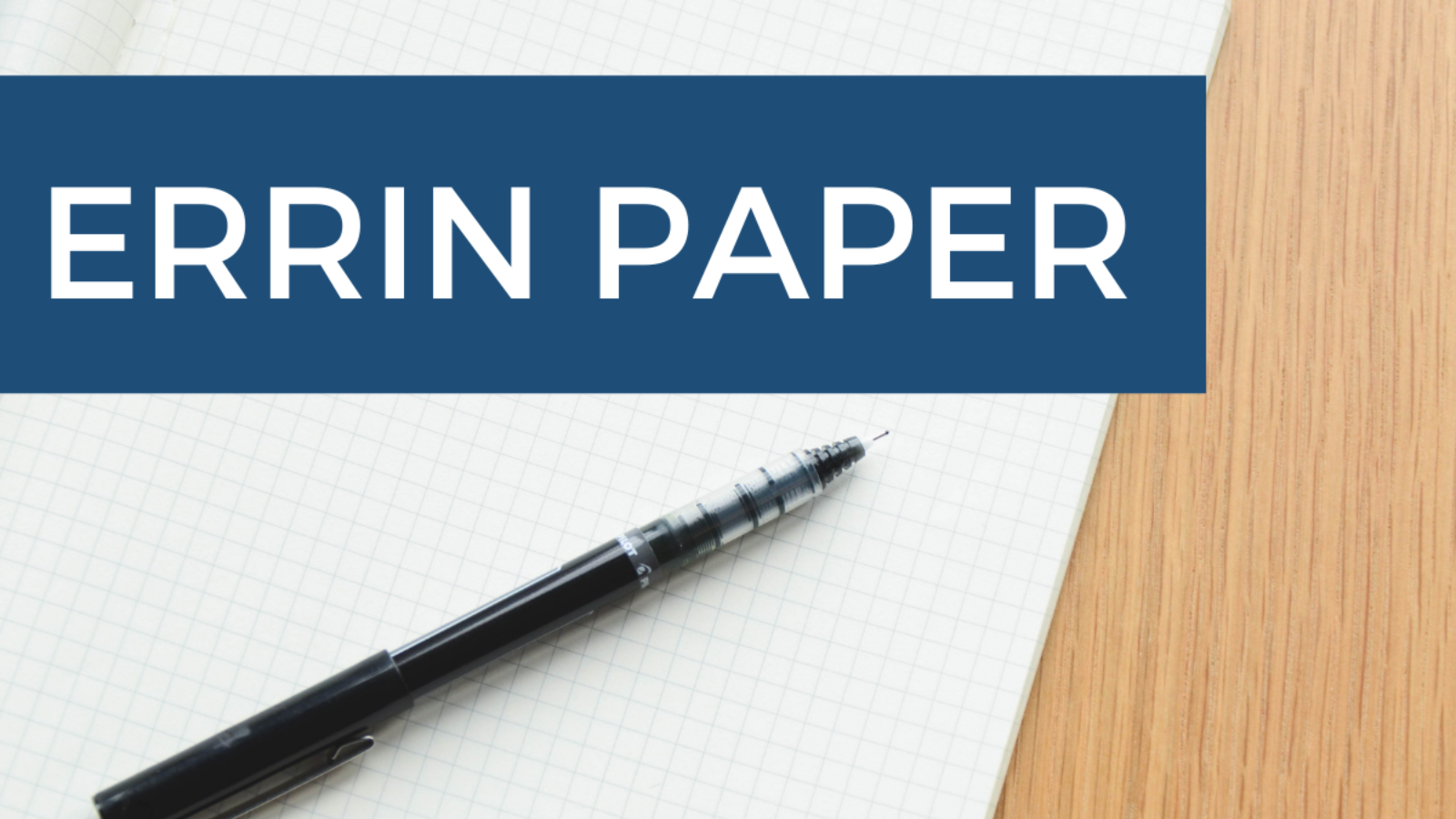
ERRIN Paper Series: Towards the 10th Framework Programme - EU Missions
ERRIN is pleased to launch a series of input papers on the 10th Framework Programme, with this paper focusing on EU Missions.
ERRIN has been closely involved in the design and implementation of the EU Missions since their inception, making them a priority for the network. This input paper on the role of EU Missions in FP10 has been created with contributions from ERRIN members and their ecosystems.
EU Missions are one of the key successes of Horizon Europe, strongly supporting the objectives of the green transition, providing directionality to research and innovation funding and mobilising diverse stakeholders from across Europe. ERRIN strongly supports the continuation of the five EU Missions, and we hope that the messages and recommendations outlined in the paper will contribute to their further implementation.
The following key messages have been developed with the members of the network, highlighting some cross-cutting issues.
- Strengthen the political support and establish a robust governance framework for the EU Missions at the European level, equipped with sufficient resources within the European Commission.
- Establish a European level framework that allows effective multi-level collaboration and coordination for the EU Missions. A more inclusive governance structure and strategic vision are needed, with cities and regions in the driving seat.
- Create a forum for effective collaboration and coordination among the five EU Missions.
- Ensure support frameworks for the EU Missions remain demand-driven, tailoring their support services to local and regional needs.
- Encourage activities that ensure the involvement of the private sector and citizens, fostering a sense of ownership of the Missions’ objectives.
- Integrate Mission objectives and Mission-oriented practices into local and regional policies and strategies. This will create lasting synergies with other sectoral policies and mobilise additional funding and financing sources.
- For FP10, it is imperative that the EU Missions continue to receive support through a dedicated Work Programme. Support for the Missions should also come from other components of the programme, such as European Partnerships.
In addition to these, the paper presents Mission-specific messages and recommendations for each of the five EU Missions.
Read the full paper here.
- Lucy Hammond
- 10/07/2024